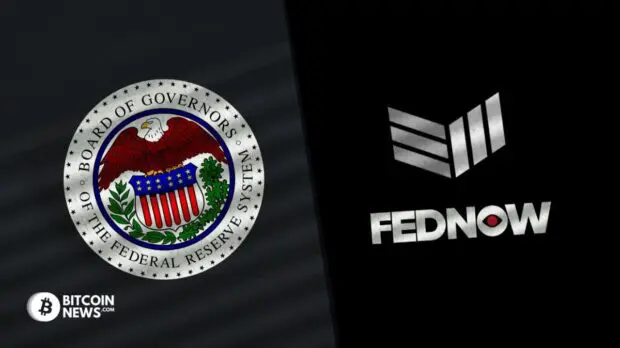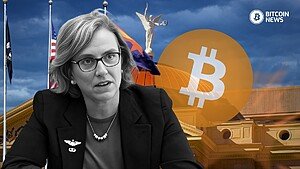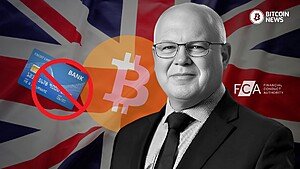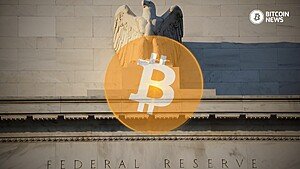Bitcoin Magazine store is facing legal action from the Federal Reserve over parody merchandise. The merchandise in question depicts renditions of the FedNow logo – the Fed’s new interbank real-time payment system.
The Federal Reserve claims Bitcoin Magazine is infringing on its trademarks and misleading consumers into thinking an affiliation exists between the two entities. However, Bitcoin Magazine asserts the merchandise represents protected free speech under fair use parody laws.
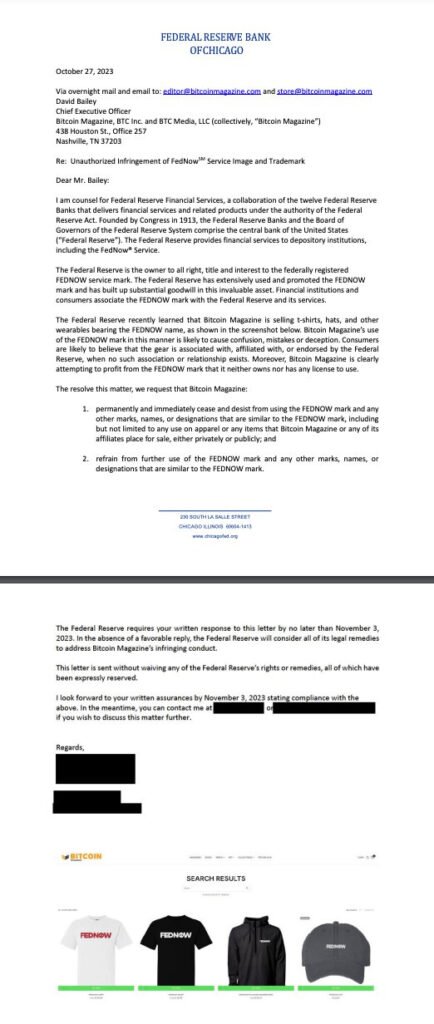
Bitcoin Magazine Store: Parody As Protected Speech
Parody is considered fair use and protected speech under copyright law. The Supreme Court has ruled parodies to be transformative works that provide commentary or criticism on an original work or subject. As such, parodies warrant defense under the fair use doctrine.
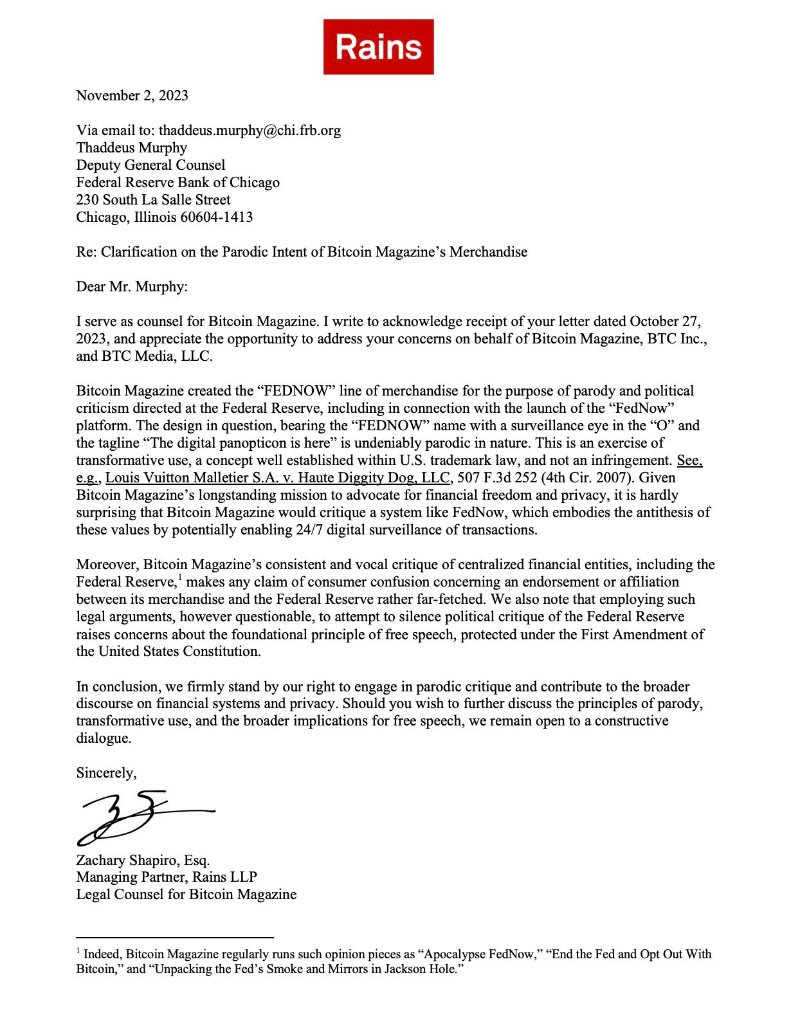
U.S. Code Title 17, Chapter 1, Section 107 lays out fair use considerations. Key factors include the purpose/character of the use, the amount taken, market effects, and the nature of the copyrighted work. Strong parody claims involve taking the minimum necessary to conjure up the original and not acting as a market substitute.
Bitcoin Magazine’s merchandise features altered FedNow logos and critical slogans. This creative re-imagining aims to critique the FedNow system, not deceive or unfairly profit.
While pushing boundaries, the overall context favors protected parody over trademark infringement. This should be clear from the image below which is parody apparel sold by Bitcoin Magazine. It looks like the actual logo for a system posed to usher in the end of financial privacy.

Central to the discord is the ideological divergence between the FedNow system and Bitcoin.
FedNow amplifies the centralized Federal Reserve’s surveillance and governance over banking transactions. This poses a serious threat to civil liberties within the United States.
Though democracy empowers citizens through voting, the ultimate expression of free choice is voting with one’s money. However, FedNow is a precursor to a CBDC which would enable programmed restrictions on what one’s money can purchase, limiting financial autonomy.
Related reading: Congress Advances Pioneering Anti-CBDC Bill to Curb Surveillance
In contrast, Bitcoin facilitates peer-to-peer electronic cash exchanges on a decentralized network, allowing users to transact with a level of pseudonymity, free from governmental or central bank interference. This system operates solely on technological mechanisms, underscored by a fixed supply of 21 million bitcoin.
This philosophical rift naturally prompts Bitcoin-centric outlets, such as Bitcoin Magazine, to produce merchandise that critiques the perceived overreach of FedNow.
Through creatively adapted logos and slogans, Bitcoin Magazine articulates a valid critique of the extended powers of the Central Bank. The likelihood of consumer confusion between Bitcoin Magazine and the Federal Reserve appears extremely low, given the starkly differing financial autonomy visions each entity propagates.
Overreaching Authority
While the Federal Reserve aims to protect its intellectual property, trying to suppress parody represents bureaucratic overreach. This overreach is ironic given the Fed’s own history.
The Federal Reserve, often referred to as “The Fed,” was established on December 23, 1913, when President Woodrow Wilson signed the Federal Reserve Act into law. The Act was the culmination of a series of clandestine meetings and negotiations that took place at Jekyll Island, Georgia, in 1910.
There, a group of the nation’s most powerful bankers and politicians convened to draft the blueprint for a central banking system shrouded in secrecy. Despite its name, the Federal Reserve is not entirely federal. While it operates under government purview, it is an independent entity, with regional banks that are privately owned by member banks.

As a private entity, the Fed may believe suppressing parody is within its rights, but even private organizations cannot censor protected fair use speech under the Constitution. The merchandise does not directly compete with FedNow or deny the Fed commercial gains. Flexing legal authority to stifle valid criticism contradicts free speech protections.
Upending parody precedent could have a chilling effect. Bitcoin Magazine is justifiably defending its constitutional rights. Kudos to them for doing so. The broader implications of this case go beyond the Bitcoin community. Allowing regulators to police opinions sets a dangerous anti-democratic tone. The Bitcoin community is closely watching, hoping Bitcoin Magazine prevail over the Federal Reserve’s questionable claims should the Fed decide to sue.

